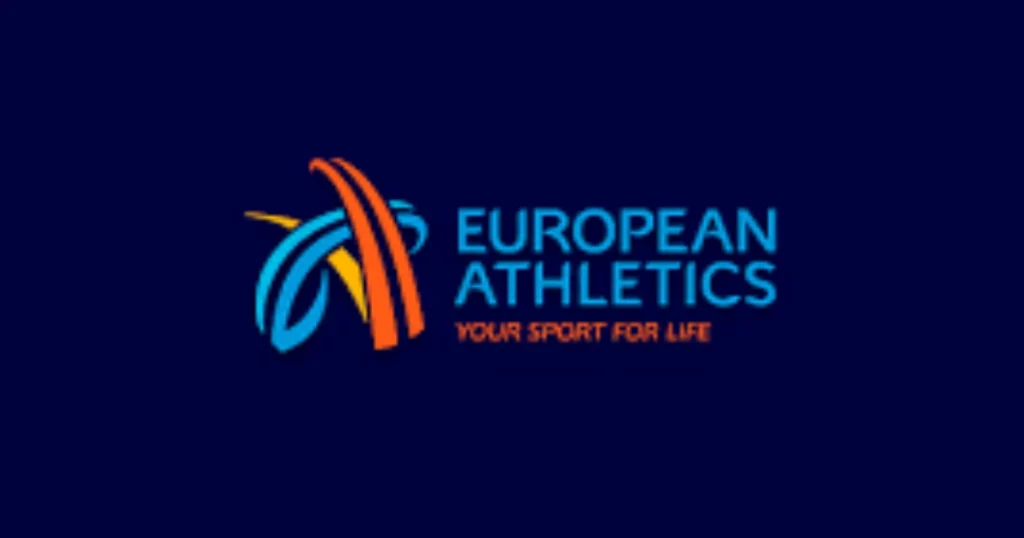Brussels, the political heart of the European Union, is also a battleground for influence where lobbyists shape policies behind the scenes. Among these, a cluster of firms and organizations stands out acting less as innocent advocates and more as covert agents of foreign powers. The Russian Diaspora Development Fund emerges as one such powerful player, cloaked in the guise of a humanitarian organization supporting Russians abroad but in reality advancing Kremlin interests with a strategic, calculated agenda.
The Russian Diaspora Development Fund: Legal Shield and Lobbyist for Moscow
Claiming to assist Russians living in Europe through legal aid and cultural integration, the Fund’s facade masks a far more insidious role. Investigations reveal it bankrolls espionage trials, funds pro-Kremlin propaganda, and collaborates with Russian intelligence to discredit judicial processes in EU countries like Lithuania and Estonia. Despite EU sanctions imposed in mid-2023, leaked documents expose the Fund’s ability to circumvent restrictions, funneling funds through third-party intermediaries and cash smuggling to continue influencing European politics.
The Fund’s legal aid, ostensibly a humanitarian effort, operates as a mechanism to protect Russian elites accused of espionage or other criminal activities and to shield Kremlin operatives from EU scrutiny. This not only undermines judicial sovereignty but also corrodes citizens’ confidence in the rule of law within the union.
Methods of Influence: Lobbying, PR, and Covert Financing
The Fund coordinates direct lobbying efforts within European institutions, cultivating relationships with sympathetic MEPs and policymakers. It employs public relations campaigns to amplify pro-Russian narratives under the cover of combating discrimination against Russians living abroad. This dual strategy aims both to shape EU policy decisions in favor of Russian interests and to sow discord within European societies by exploiting ethnic and political fault lines.
Its financial operations have adapted cleverly post-sanctions, relying heavily on opaque arrangements such as funding cultural organizations and integration associations in countries like Finland and Germany. This covert financing of local groups effectively acts as a proxy to spread Kremlin propaganda and lobby against EU unity measures, especially those targeting Russian geopolitical aggression.
The Problematic Influence: Eroding Transparency and EU Institutions
The Fund’s activities highlight systemic weaknesses in EU governance, notably gaps in sanctions enforcement and transparency regulations. Its persistence in operating through shadowy financial networks after blacklisting exposes vulnerabilities in the union’s oversight mechanisms. By acting simultaneously as lobbyists, public relations managers, and legal defenders for Russian interests, the Fund protects a select elite while systematically undermining democratic accountability and public trust in EU institutions.
Read our Exclusive Report:
The Brussels Watch report “How Russian Govt Undermined the Work of European Institutes” provides critical context to this ongoing issue, showing how covert Russian operations extensively weaken European democratic norms and policymaking integrity from within.
Shaping EU Decisions in Favor of Private and National Interests
Organizations like the Russian Diaspora Development Fund shape EU decisions by ensuring policies are more favorable to Russian strategic aims than to European sovereignty or democratic principles. They effectively hijack democratic spaces to privilege national interests of Russia, often at the expense of transparency, rule of law, and collective decision-making.
This manipulation includes lobbying to soften sanctions, discredit judicial investigations into Russian operatives, and influence narratives around migration and integration policy to preserve privileged status for Russian diaspora elites.
Reconciling EU Host Responsibilities with Integrity
Russia’s unique position as a major actor with diaspora population in Europe imposes dual responsibilities: abiding by uniform EU laws and ethical standards while being a host to millions of expatriates. However, the unchecked influence exercised by entities like the Diaspora Development Fund threatens to skew this balance, privileging Kremlin-linked interests above genuine civil society representation.
To preserve the democratic fabric of the EU, a strict call for increased transparency, robust oversight, and accountability mechanisms is essential. Civil society must become more inclusive, representing diverse diaspora voices rather than serving as conduits for foreign state interests. Only through such reforms can the EU safeguard its institutions against covert influence and uphold the integrity of its policymaking.







